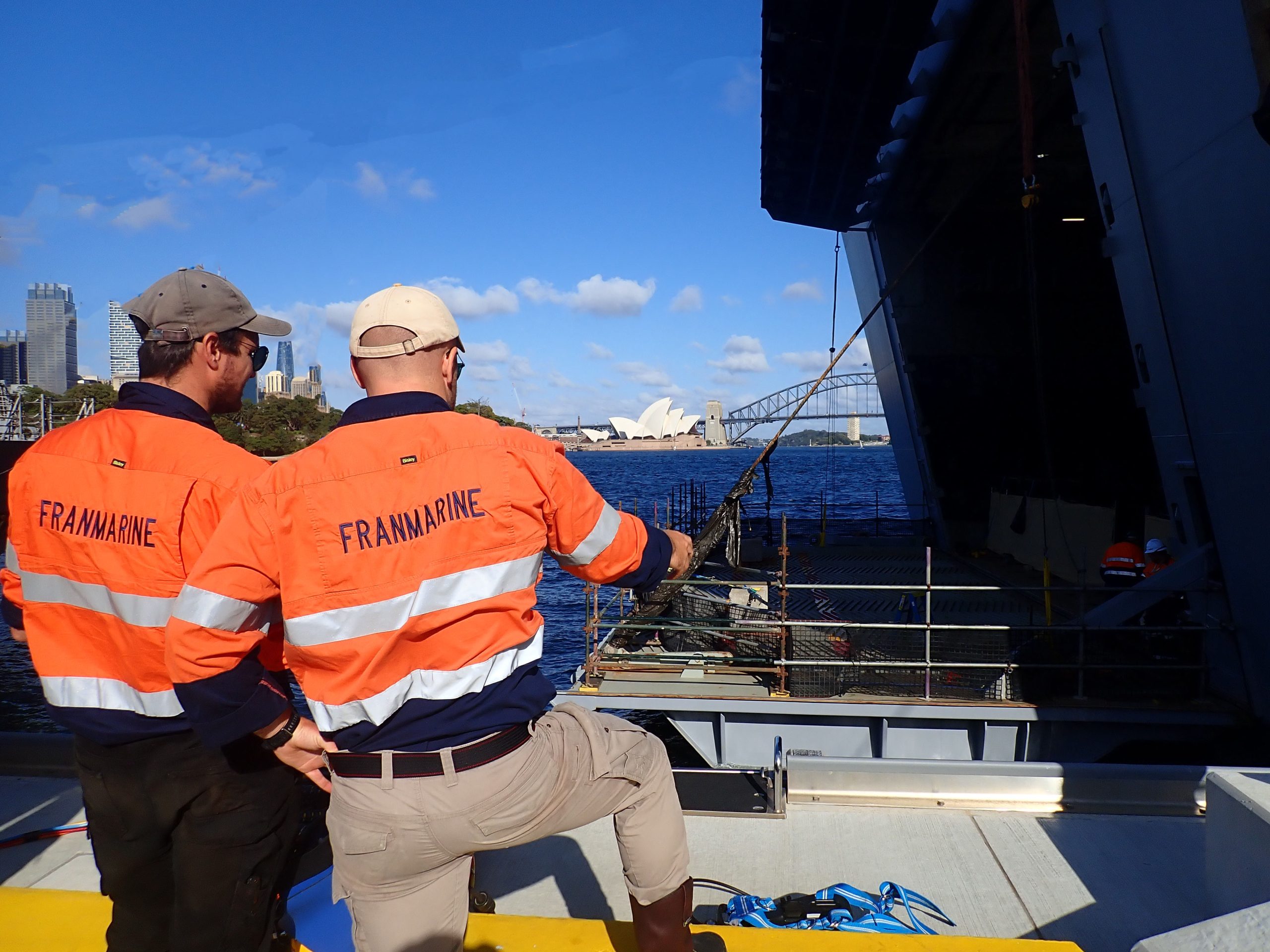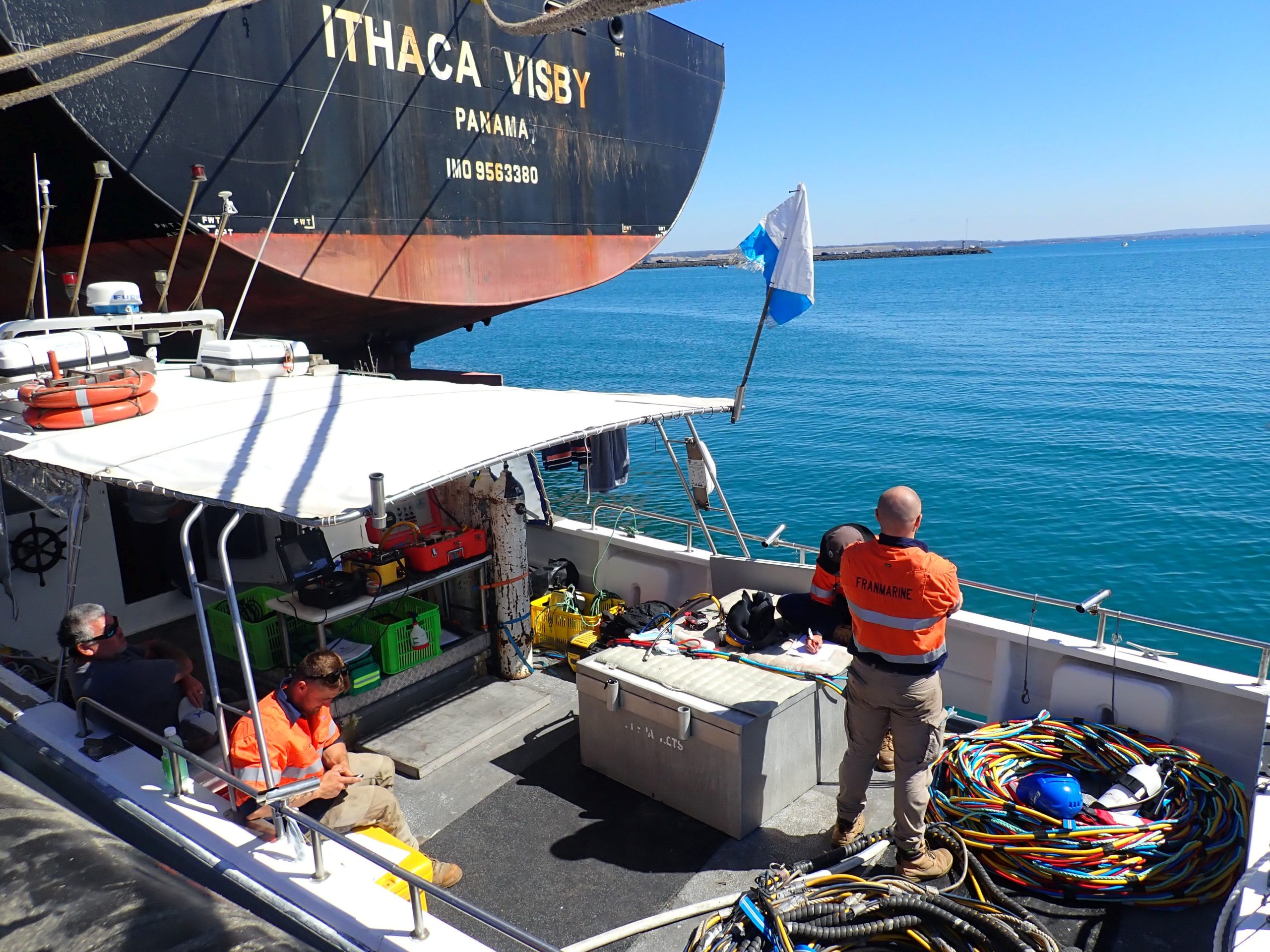The Role of Commercial Diving Companies in Marine Infrastructure Maintenance
Commercial diving companies play a critical role in the maintenance and upkeep of marine infrastructure worldwide. These specialised teams work beneath the waves to inspect, repair, and maintain structures that are essential to maritime industries, shipping, and coastal communities. The work they perform ensures the safety and longevity of ports, bridges, offshore platforms, and underwater pipelines that the global economy depends upon.
The underwater environment presents unique challenges that require specific skills, equipment, and expertise. Commercial divers train extensively to handle these conditions while carrying out precise technical work. Their ability to function in this harsh setting makes them indispensable for marine infrastructure projects that cannot be completed using remote technology or surface-based methods alone.

Key Services Provided by Commercial Diving Companies
Professional diving services encompass a wide range of activities essential for marine infrastructure. Inspection services form the foundation of preventative maintenance programmes, with divers conducting visual assessments and using advanced imaging technology to detect potential structural issues before they become critical failures. Regular underwater inspections can significantly extend the lifespan of marine structures and prevent costly emergency repairs.
Repair and maintenance operations represent another core service offering. Commercial diving teams can perform welding, cutting, concrete repairs, and marine growth removal in situ, minimising disruption to operations. Franmarine Underwater Services provide crucial support to one of Australia's busiest harbours, maintaining everything from ferry terminals to seawalls with minimal impact on daily maritime activities. These repair capabilities often eliminate the need to remove structures from the water, saving significant time and resources.
Specialised Equipment and Technology
The evolution of commercial diving technology has transformed the industry's capabilities. Modern diving companies utilise sophisticated equipment including remote operated vehicles (ROVs), high-definition underwater cameras, sonar systems, and specialised cutting and welding tools. These technological advancements allow for more precise inspections, better documentation, and safer working conditions for the divers themselves.
Communication systems have also improved dramatically, enabling real-time coordination between divers and surface teams. These advances have contributed to higher safety standards and operational efficiency in underwater projects. The integration of digital technologies has also improved project planning and reporting, providing clients with comprehensive documentation of underwater conditions and completed work that was previously impossible to obtain.
The Importance of Commercial Diving in Port Infrastructure
Ports and harbours represent critical economic assets that require consistent underwater maintenance. Commercial divers perform essential services including quay wall inspections, pile repairs, and dredging supervision that keep these facilities operational. The work is often conducted in challenging conditions with poor visibility, strong currents, and tight operational windows determined by shipping schedules and tidal patterns.
The economic impact of well-maintained port infrastructure is substantial. A single day of downtime at a major port can cost millions in lost revenue and disrupted supply chains. Commercial diving companies help prevent such disruptions through scheduled maintenance programmes and rapid response capabilities for emergency situations. Their ability to deploy quickly and work effectively in adverse conditions makes them invaluable partners for port authorities and marine terminal operators worldwide.

Environmental Considerations and Sustainable Practices
Commercial diving operations increasingly incorporate environmental protection measures into their standard practices. Divers often serve as first-hand observers of marine ecosystems and can provide valuable data on environmental conditions during infrastructure projects. This information helps develop more sustainable approaches to underwater maintenance and construction.
Many diving companies now use environmentally friendly materials and techniques to minimise ecological impact. For instance, when repairing concrete structures, divers may use specialised formulations that release fewer pollutants into the water. Similarly, marine growth removal methods have evolved to target invasive species while protecting native flora and fauna. These practices reflect the industry's growing commitment to balancing infrastructure needs with environmental responsibility.
Challenges and Future Directions
The commercial diving industry faces several ongoing challenges, including safety concerns in hazardous underwater environments, regulatory compliance across different jurisdictions, and the physical limitations of human divers. Companies must invest continuously in training, equipment, and safety protocols to address these challenges effectively.
Looking ahead, the integration of automation and artificial intelligence promises to reshape commercial diving operations. Advances in robotics may allow certain routine tasks to be performed by remotely controlled or autonomous systems, with human divers focusing on more complex work requiring hands-on expertise. However, the unpredictable nature of underwater environments ensures that skilled commercial divers will remain essential for the foreseeable future. Their unique combination of physical capabilities, technical knowledge, and practical experience cannot be fully replaced by technology, particularly in complex repair scenarios or emergency response situations.
